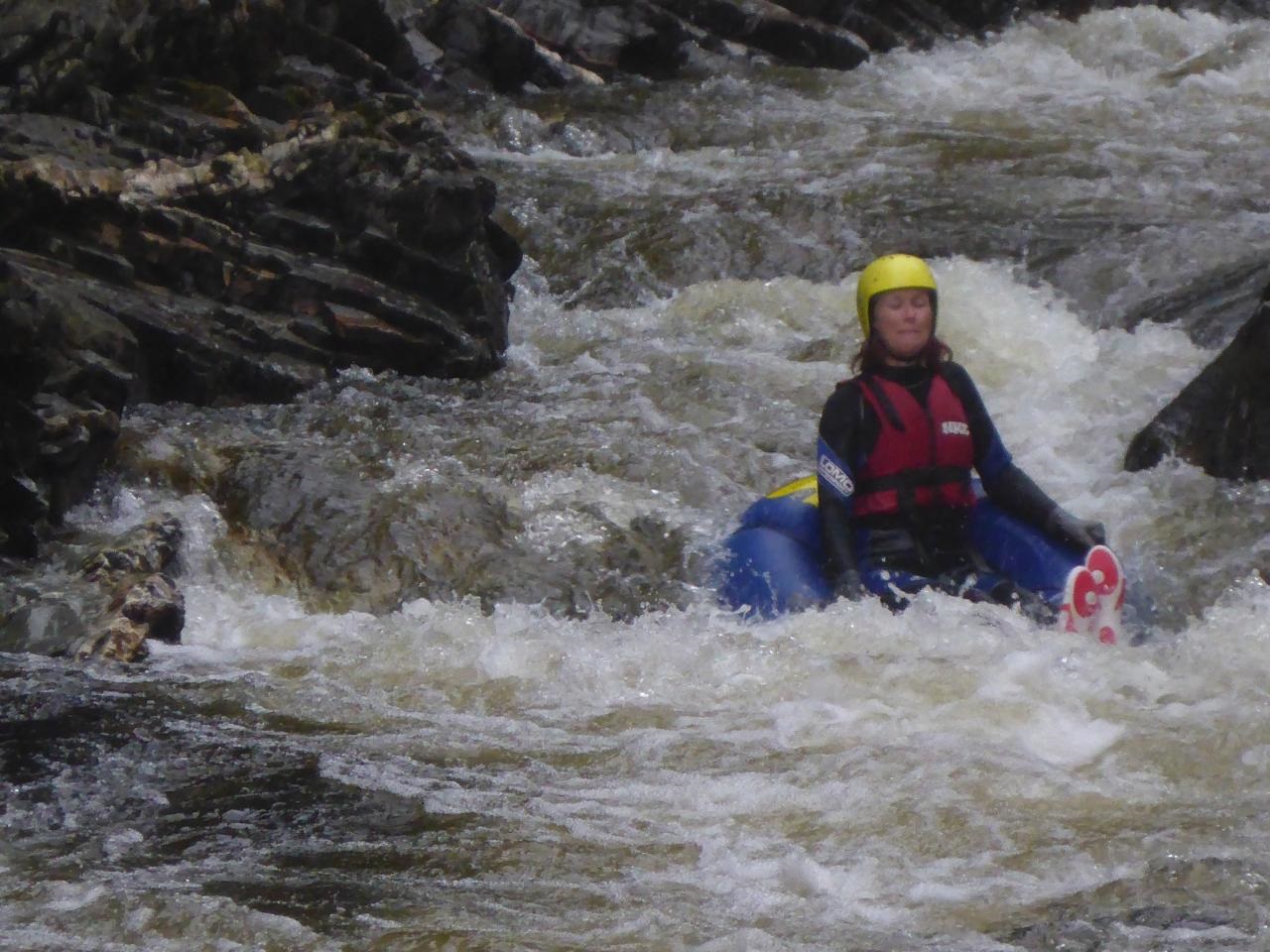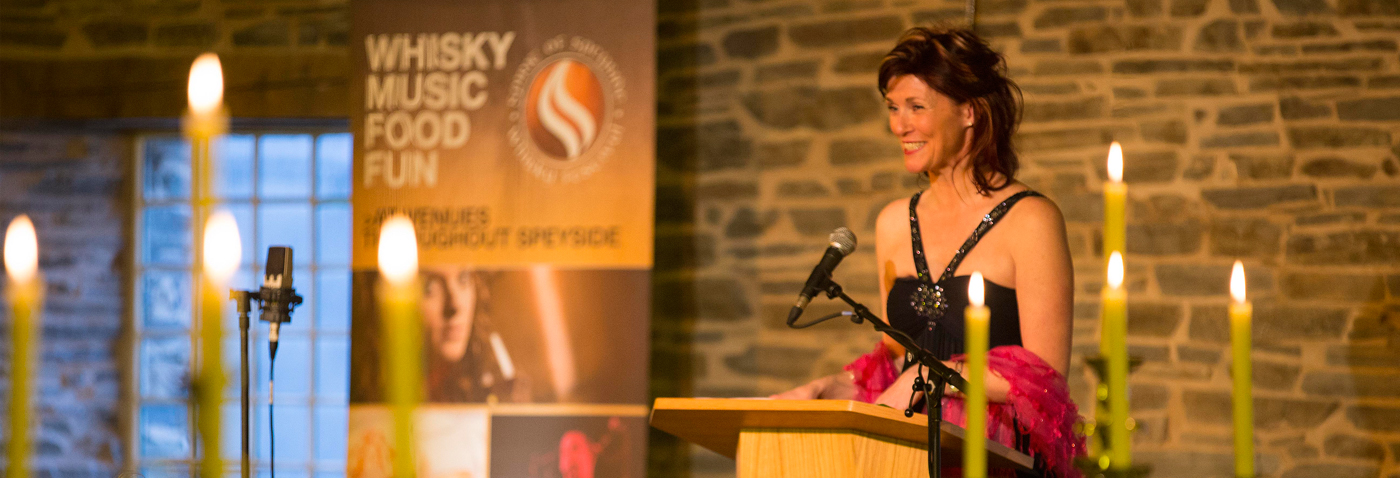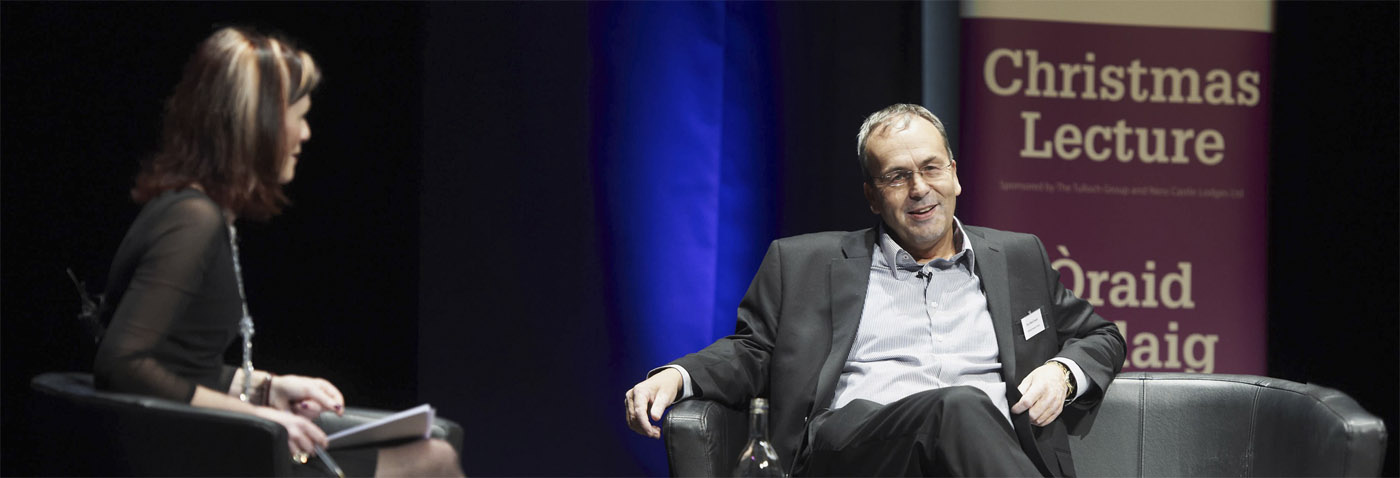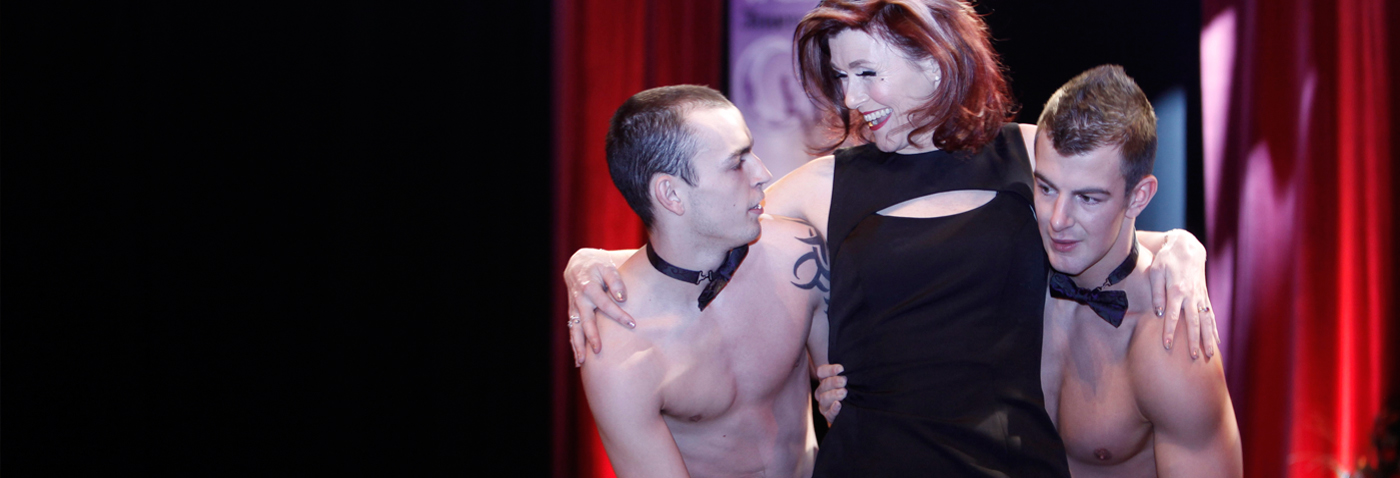It seems that every day there’s another tragedy somewhere across the world; a lone gunman shooting in a fast food restaurant or on a train in Germany, an attempted coup in Turkey, the killing of police officers in Dallas and Baton Rouge, the devastating lorry attack in Nice on Bastille Day. As I type this on Monday morning the news is coming in of another nightclub shooting in Florida. I know about this latest shooting because I received a news alert on my phone while I was icing my daughter’s birthday cake. And that interruption is not unusual – I regularly receive notifications of news headlines between meetings, while shopping in town, or as I am otherwise getting on with my life.
Of course there’s the argument that I shouldn’t be looking at my phone when I’m with other people – it should be switched off or in my handbag. But by and large that’s no longer the way I live; when that alert comes through from the BBC, more often than not I’ll check my phone.
But what difference does this this constant connection make? In truth it makes no difference at all. My finding out about the attempted Turkish Coup during the interval of Jackie the Musical at Eden Court made no impact whatsoever to the death toll in Istanbul, although it did seem to be important to me that I knew what was going on. With increased connectivity, the world has got much, much smaller, and our connection to and interest in these tragedies, seems more real.
 But there’s more to it than just receiving news; armed with a smartphone each one of us has the potential to be a journalist. Eyewitness accounts of atrocities have always been sought-after, and it takes mere seconds to open a live-streaming app, point your phone at what is happening, and broadcast unfolding events via Periscope, Facebook, and Twitter. For every broadcast there is an audience, and with no editorial filters, there are potentially disturbing images in our pockets 24/7.
But there’s more to it than just receiving news; armed with a smartphone each one of us has the potential to be a journalist. Eyewitness accounts of atrocities have always been sought-after, and it takes mere seconds to open a live-streaming app, point your phone at what is happening, and broadcast unfolding events via Periscope, Facebook, and Twitter. For every broadcast there is an audience, and with no editorial filters, there are potentially disturbing images in our pockets 24/7.
As a broadcaster and social media commentator it’s my job to keep on top of world events and not just to watch how they unfold, but to examine the world’s reaction to them. And while I have seen things I would rather not have witnessed online (particularly following the recent Munich shootings), and read widespread criticism of those who have filmed the events, rather than offered help, I have also witnessed social media as a real force for good.
Social media platforms allowed communities to communicate and overthrow oppressive government regimes during the 2010-11 Arab Spring Uprisings. The recent attempted military coup in Turkey was thwarted largely thanks to online communication channels remaining open when the state media had been hijacked. Even President Erdogan, traditionally a critic of the internet, spoke to his people via FaceTime on his iPhone.
After the Paris and Nice attacks the Twitter hashtag #PorteOuverte (open door) started trending, with concerned citizens offering shelter to strangers caught up in the crisis. And Facebook instantly created a facility to allow its users in Nice to quickly communicate that they were safe and well – it helped those looking for missing loved ones to locate them.
Those who criticise social media and its increasing influence over our lives are entitled to their opinions, but the fact is that it is a huge part of life in 2016, and is here to stay; that genie is well and truly out of the bottle. But for every bad news story about phones and connectivity there is a good one. And that is balance enough for me.
Celebrating what’s ‘at home’, but oh, the MIDGIES!
I took my own advice last weekend and decided it was time for all of us – the Marr clan – to do more of what is on our doorstep. Too often the complaints about living in the north of Scotland are about the weather, but the rain did nothing to dampen our family White Water River Tubing trip down the River Feshie in the Cairngorms National Park.
Kitted out in matching wetsuits, buoyancy aids, webbed gloves and crash helmets we entered the water above the first set of (gentle) rapids, and soon learned that it’s not as easy as you might think to stay on a rubber ring that is being tossed around like it’s inside a washing machine. The rapids under the Feshie Bridge were particularly taxing (even after a fourth attempt I couldn’t master the art of staying afloat) and I was very glad indeed of the safety equipment – especially the crash helmet.

My face may say otherwise, but this was the best. Fun. Ever.
Scotland is full of tremendous natural resources. We had the time of our lives. Apart from the midgies. If only something could be done about the midgies.
This column first appeared in six SPP Group newspapers week ended 29th July 2016.
It’s good to share – and it’s easy, using the buttons below.



